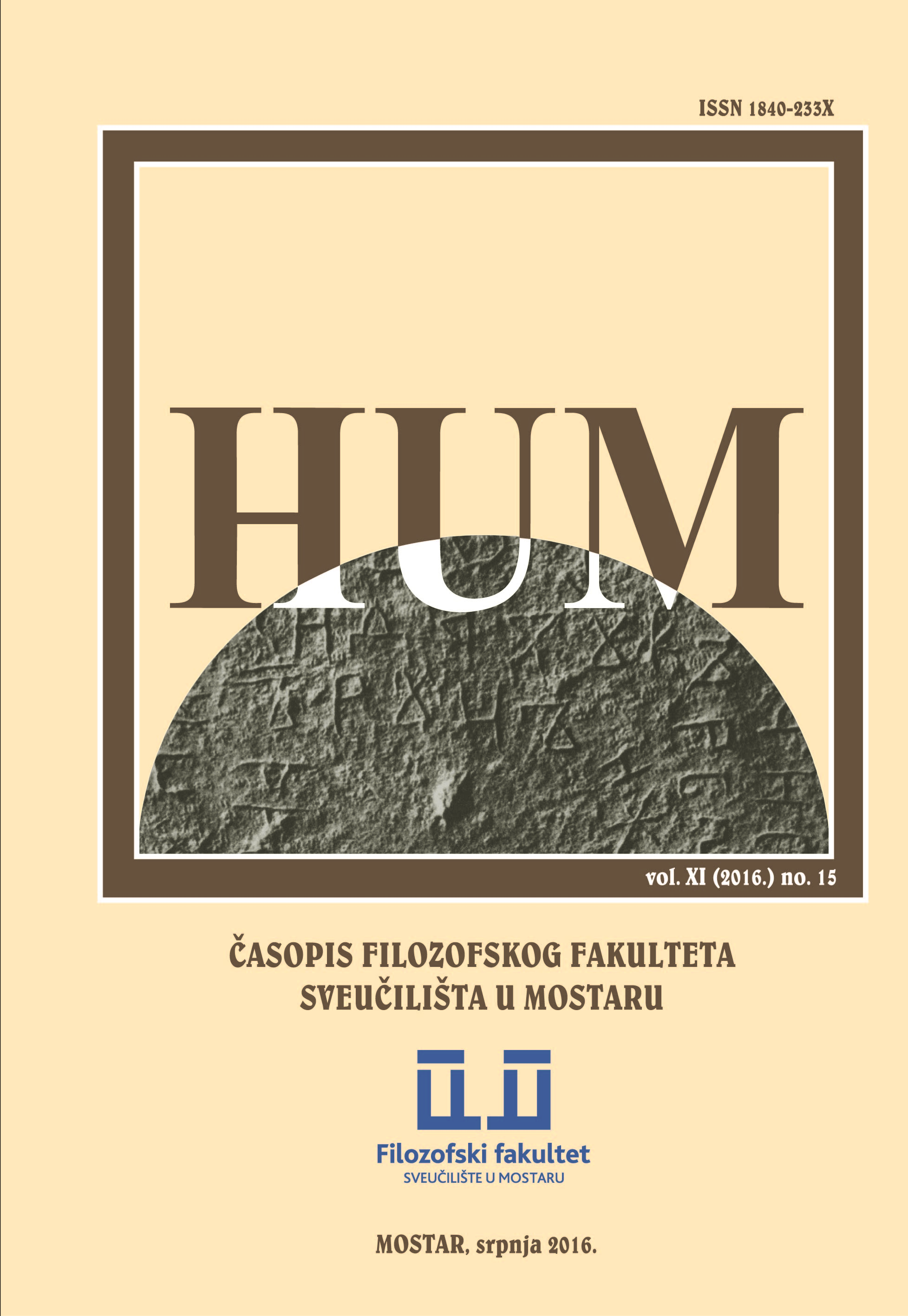AKO NEĆE MILOM, HOĆE KOMESARIJATOM
IF NOT BY SWEET-TALK THAN BY COMMISSARIAT
THE MECHANISM OF THE STATE CENTRALIZATION IN THE CASE OF THE CITY OF OSIJEK (1926 – 1928)
Author(s): Anamarija LukićSubject(s): History, Political history, Recent History (1900 till today), Interwar Period (1920 - 1939)
Published by: Filozofski fakultet Sveučilišta u Mostaru
Keywords: Osijek; the Kingdom of Serbs; Croats; city government; commissariat; National Radical Party
Summary/Abstract: The policy of the Kingdom of Serbs, Croats and Slovenes to areas that had previously been part of the Austro-Hungarian Monarchy was a policy of subjugation and exploitation. The process of centralization sought the full power of decision-making and management of taxpayers' money to concentrate in Belgrade. Such a policy was carried out by the leading political force, the People's Radical Party. Osijek was one of the cities whose development suffered as a result of such a policy. As Radicals did not have enough political power in Osijek, they forced their power through the institution of Commissioner. This was to be a temporary institution, and under pressure from the central government became a long-term, maintaining a year and a half (October 1926 - April 1928). During the commissariat in Osijek city's treasury was available to the Radicals. They completely neglected the development plan of the city of Osijek and created extracting municipal money by investing in investments that the city did not bring anything to the city but cost.
Journal: Hum
- Issue Year: XI/2016
- Issue No: 15
- Page Range: 137-155
- Page Count: 19
- Language: Croatian

